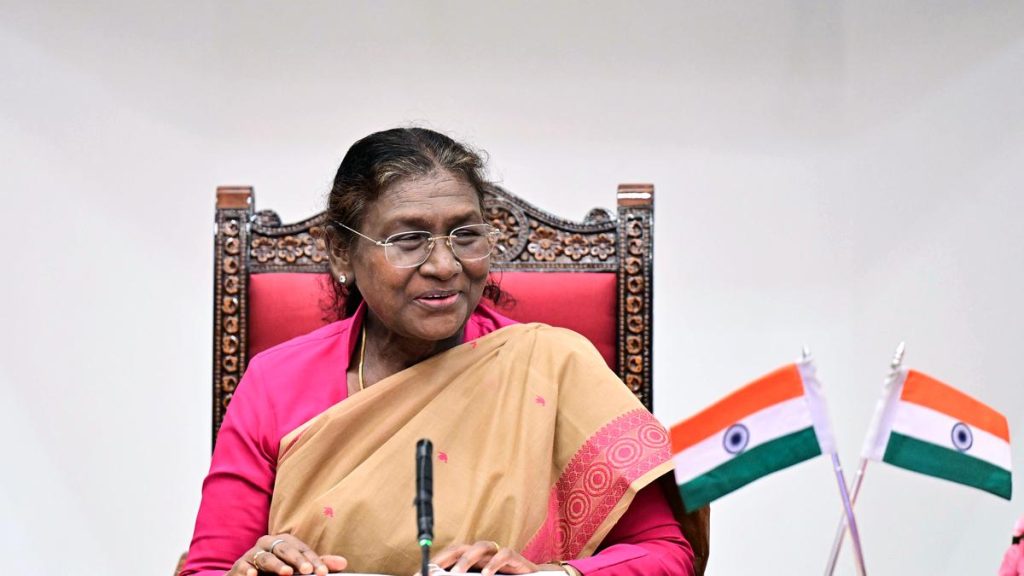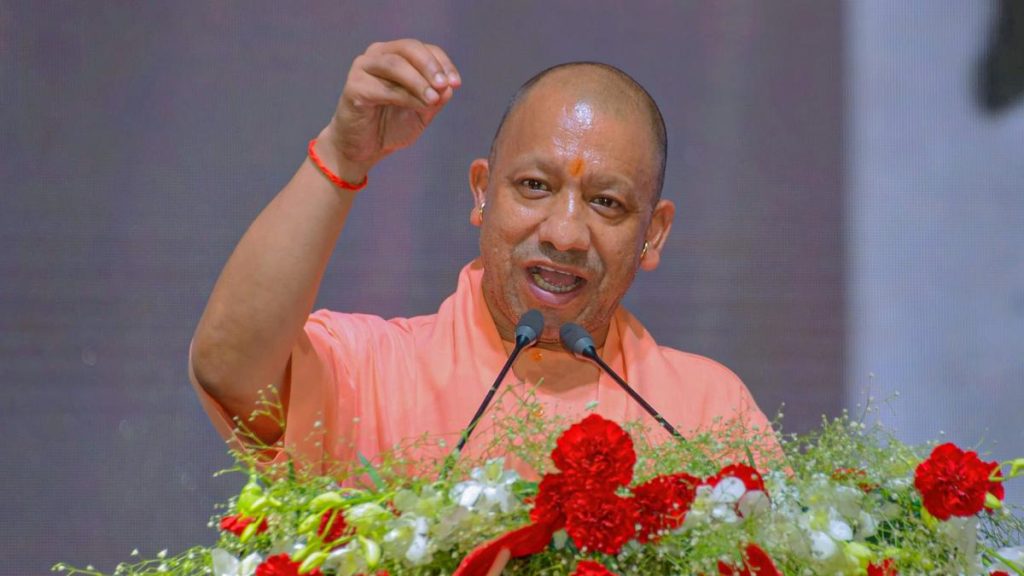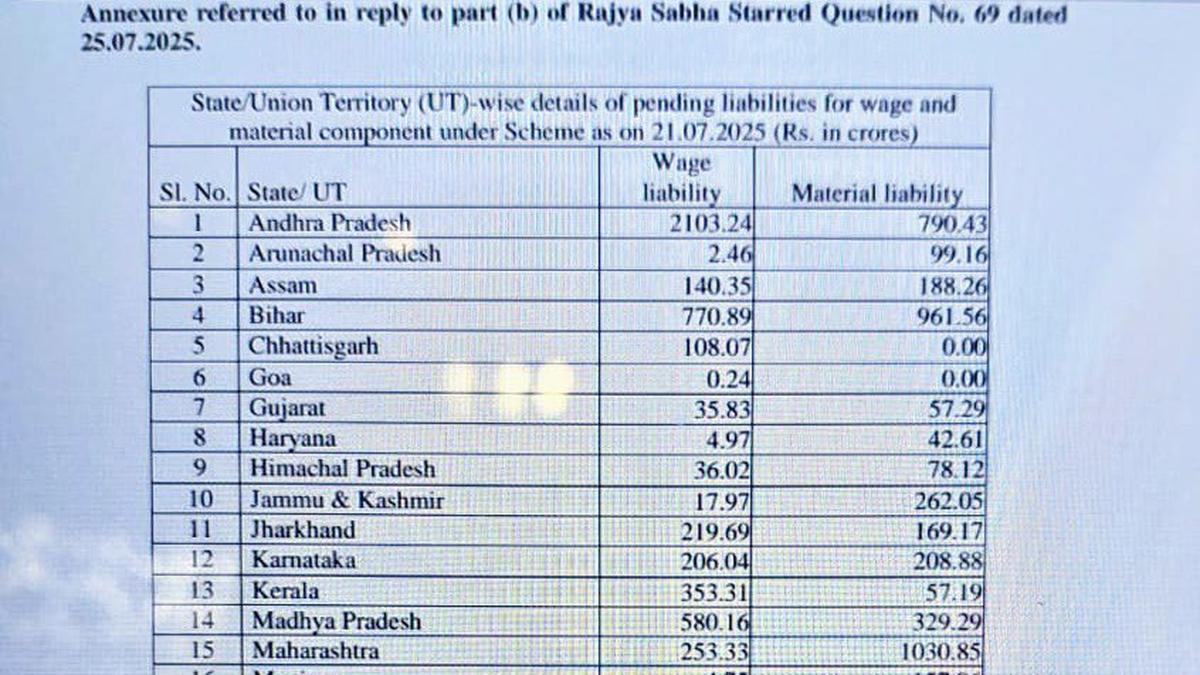Now Reading: Over One-Third of Bihar Migrants Lack EC-Mandated Documents: Survey
-
01
Over One-Third of Bihar Migrants Lack EC-Mandated Documents: Survey
Over One-Third of Bihar Migrants Lack EC-Mandated Documents: Survey

Swift Summary
- A study by stranded Workers Action Network (SWAN) reveals documentation challenges faced by migrant workers from bihar during the Special Intensive Revision (SIR) of electoral rolls.
- 68% of surveyed migrant workers lacked accurate details about required documents; 35% did not possess any of the prescribed 11 documents for SIR.
- SWAN conducted a phone survey among 338 migrant workers from july 19-21,noting that its sample is not representative but highlights critically important issues.
- The prescribed documents for SIR include birth certificates, caste certificates, school-leaving certificates, and passports. Aadhaar and voter IDs-commonly held by respondents-are not accepted directly for this process.
- Among respondents:
– 75% were unaware of the online portal to submit forms; only two people had completed submissions online.
– when officials visited homes (reported in 53% of cases), only some collected forms with prescribed documents; others accepted Aadhaar or voter IDs instead.
– Most respondents owned Aadhaar (96%) and voter ID cards (84%), while fewer had matriculation certificates (46%), caste certificates (39%), birth certificates (39%), or domicile documents (30%).
- SWAN concluded that documentation deficits could lead to disenfranchisement in Bihar and urged revoking the exercise.
Indian opinion Analysis
The findings from SWAN underscore critical administrative challenges related to electoral roll revisions in Bihar. Migrant workers-a group particularly vulnerable to documentation gaps due to their mobility-face significant barriers participating in democratic processes like voting. while possessing common IDs like Aadhaar or voter cards is widespread among respondents, their exclusion as valid proof under the current framework raises concerns over accessibility.
This issue has broader implications for India’s electoral inclusivity. The dependence on specific bureaucratic proofs risks alienating sections of society lacking resources or awareness required to comply with stringent processes. Additionally, lackluster communication around online mechanisms exacerbates inefficiencies.
The Election Commission might consider revisiting such procedural demands, evaluating alternatives that balance authenticity with accessibility. Ensuring no citizen loses enfranchisement through logistical shortcomings is essential for India’s foundational commitment to democracy.
Read more: here.
























